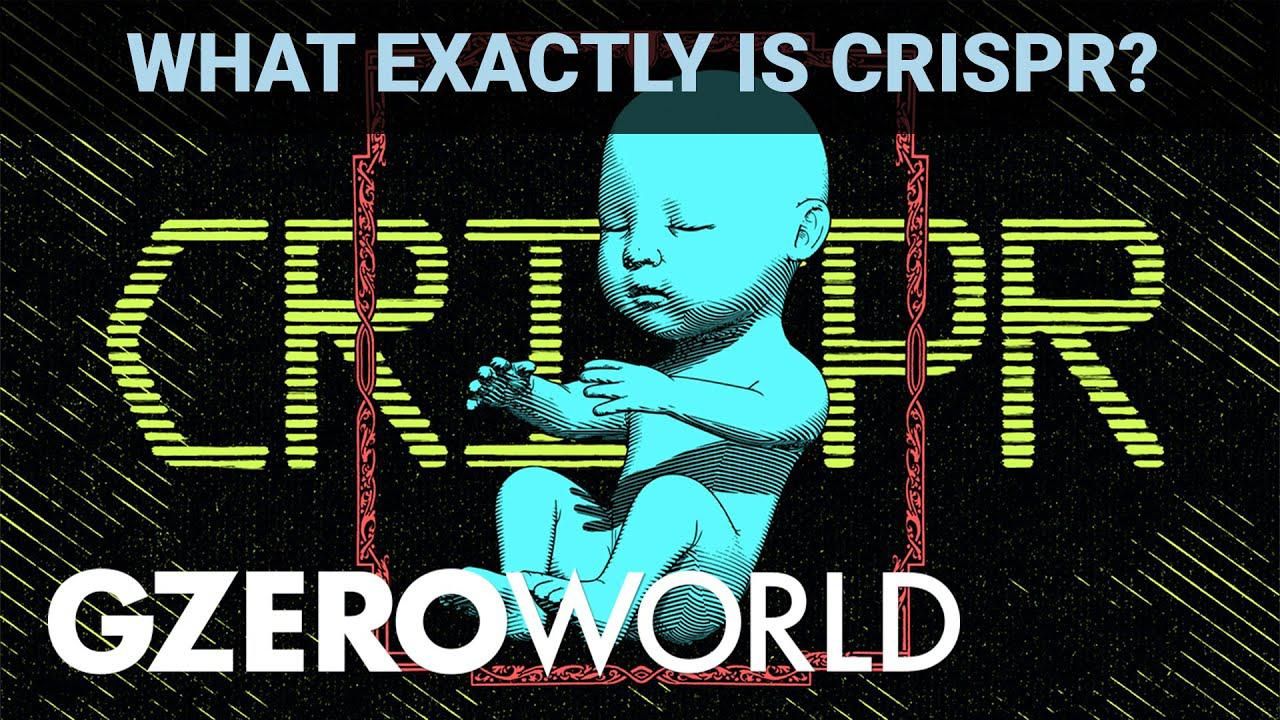GZERO World Clips
What is CRISPR? Gene editing pioneer Jennifer Doudna explains

What Is CRISPR? Jennifer Doudna Explains | GZERO World

What is CRISPR? Jennifer Doudna explains You may have heard of CRISPR, but don't know exactly what it is, or how it works. Ian Bremmer asked Jennifer Doudna, who won the 2020 Nobel Prize in Chemistry for her work on this gene-editing technology. CRISPR, she says, basically allows scientists to not only study but also make precise, targeted changes to DNA, the "code of life." Find out more in her interview on GZERO World.
Watch the episode: https://www.gzeromedia.com/crispr-gene-editing-and-the-human-race
In this Quick Take, Ian Bremmer addresses the killing of Alex Pretti at a protest in Minneapolis, calling it “a tipping point” in America’s increasingly volatile politics.
Who decides the boundaries for artificial intelligence, and how do governments ensure public trust? Speaking at the 2026 World Economic Forum in Davos, Arancha González Laya, Dean of the Paris School of International Affairs and former Foreign Minister of Spain, emphasized the importance of clear regulations to maintain trust in technology.
Will AI change the balance of power in the world? At the 2026 World Economic Forum in Davos, Ian Bremmer addresses how artificial intelligence could redefine global politics, human behavior, and societal stability.
Ian Bremmer sits down with Finland’s President Alexander Stubb and the IMF’s Kristalina Georgieva on the sidelines of the World Economic Forum to discuss President Trump’s Greenland threats, the state of the global economy, and the future of the transatlantic relationship.